Portal:1990s
The 1990s Portal From top left, clockwise: The Hubble Space Telescope orbits the Earth after it was launched in 1990; American F-16s and F-15s fly over burning oil fields in Operation Desert Storm, also known as the 1991 Gulf War; the signing of the Oslo Accords on 13 September 1993; the World Wide Web gains a public face at the start of the decade and gains massive popularity worldwide; Boris Yeltsin greets crowds after the failed August Coup, which leads to the dissolution of the Soviet Union on 26 December 1991; Dolly the sheep is the first mammal to be cloned from an adult somatic cell; the funeral procession of Diana, Princess of Wales, who died in 1997 in a car crash in Paris, and was mourned by millions; hundreds of thousands of Tutsi people are killed in the Rwandan genocide of 1994, which would become a factor in initiating the Second Congo War of 1998. The 1990s (pronounced "nineteen-nineties"; shortened to "the '90s") was a decade of the Gregorian calendar that began on 1 January 1990, and ended on 31 December 1999. Culturally, the 1990s are characterized by the rise of multiculturalism and alternative media, which continues into the present day. Movements such as hip hop, the rave scene and grunge spread around the world to young people during that decade, aided by then-new technology such as cable television and the World Wide Web. In the absence of world communism, which collapsed in the first two years of the decade, the 1990s was politically defined by a movement towards the right-wing, including increase in support for far-right parties in Europe[1] as well as the advent of the Hindu nationalist Bharatiya Janata Party[2] and cuts in social spending in the United States,[3] Canada,[4] New Zealand,[5] and the UK.[6] The United States also saw a massive revival in the use of the death penalty in the 1990s, which reversed in the early 21st century.[7] During the 1990s the character of the European Union and Euro were formed and codified in treaties. A combination of factors, including the continued mass mobilization of capital markets through neo-liberalism, the thawing of the decades-long Cold War, the beginning of the widespread proliferation of new media such as the Internet from the middle of the decade onwards, increasing skepticism towards government, and the dissolution of the Soviet Union led to a realignment and reconsolidation of economic and political power across the world and within countries. The dot-com bubble of 1997–2000 brought wealth to some entrepreneurs before its crash between 2000 and 2001. The 1990s saw extreme advances in technology, with the World Wide Web, the first gene therapy trial, and the first designer babies[8] all emerging in 1990 and being improved and built upon throughout the decade. New ethnic conflicts emerged in Africa, the Balkans, and the Caucasus, the former two which led to the Rwandan and Bosnian genocides, respectively. Signs of any resolution of tensions between Israel and the Arab world remained elusive despite the progress of the Oslo Accords, though The Troubles in Northern Ireland came to a standstill in 1998 with the Good Friday Agreement after 30 years of violence.[9] Selected article -The First Congo War (1996–1997), also nicknamed Africa's First World War, was a civil war and international military conflict which took place mostly in Zaire (present-day Democratic Republic of the Congo), with major spillovers into Sudan and Uganda. The conflict culminated in a foreign invasion that replaced Zairean president Mobutu Sese Seko with the rebel leader Laurent-Désiré Kabila. Kabila's unstable government subsequently came into conflict with his allies, setting the stage for the Second Congo War in 1998–2003. Following years of internal strife, dictatorship and economic decline, Zaire was a dying state by 1996. The eastern parts of the country had been destabilized due to the Rwandan genocide which had perforated its borders, as well as long-lasting regional conflicts and resentments left unresolved since the Congo Crisis. In many areas state authority had in all but name collapsed, with infighting militias, warlords, and rebel groups (some sympathetic to the government, others openly hostile) wielding effective power. The population of Zaire had become restless and resentful of the inept and corrupt regime; the Zairean Armed Forces were in a catastrophic condition. Mobutu, who had become terminally ill, was no longer able to keep the different factions in the government under control, making their loyalty questionable. Furthermore, the end of the Cold War meant that Mobutu's strong anti-communist stance was no longer sufficient to justify the political and financial support he had received from the capitalist powers – his regime, therefore, was essentially politically and financially bankrupt. (Full article...)Did you know (auto-generated) -
Selected pictureNelson Mandela voting during the South African general election, 1994, which marked the end of Apartheid
List articlesCategory puzzle Select [►] to view subcategories
1990s-related lists 1990-related lists 1991-related lists 1992-related lists 1993-related lists 1994-related lists 1995-related lists 1996-related lists 1997-related lists 1998-related lists 1999-related lists Lists of 1990s ballet premieres Lists of 1990s films 1990s politics-related lists 1990s record charts 1990s television-related lists Selected biography -Sean Love Combs (born Sean John Combs; November 4, 1969), also known by his stage names Puff Daddy, P. Diddy, or Diddy, is an American rapper, record producer, record executive and actor. Born in Harlem, Combs worked as a talent director at Uptown Records before founding his own record label, Bad Boy Records, in 1993. Combs has produced and cultivated artists such as the Notorious B.I.G., Mary J. Blige, and Usher. Combs' debut album, No Way Out (1997), has been certified seven times platinum. The album was followed up with Forever (1999), The Saga Continues... (2001), and Press Play (2006). In 2009, Combs formed the musical group Diddy – Dirty Money with singers Kalenna Harper and Dawn Richard; they released their collaborative album Last Train to Paris. In September 2023, Combs released his fifth studio album, The Love Album: Off the Grid. (Full article...)General images -The following are images from various 1990s-related articles on Wikipedia.
|
 |
You are invited to participate in WikiProject Years, a WikiProject dedicated to developing and improving articles about years, decades, centuries, and millennia. |
Associated Wikimedia
The following Wikimedia Foundation sister projects provide more on this subject:
-
 Commons
Commons
Free media repository -
 Wikibooks
Wikibooks
Free textbooks and manuals -
 Wikidata
Wikidata
Free knowledge base -
 Wikinews
Wikinews
Free-content news -
 Wikiquote
Wikiquote
Collection of quotations -
 Wikisource
Wikisource
Free-content library -
 Wikiversity
Wikiversity
Free learning tools -
 Wiktionary
Wiktionary
Dictionary and thesaurus
Sources
- Merkl, Peter; Leonard, Weinberg (2 August 2004). Right-wing Extremism in the Twenty-first Century. Routledge. ISBN 978-1-135-76421-0.
- "India – The Bharatiya Janata Party and the Rise of Hindu Nationalism".
- ROSEN, RUTH (27 December 1994). "Which of Us Isn't Taking 'Welfare'? : Poor children rank low in government largess; why is the comfortable class so mean?". Los Angeles Times.
- Séguin, Gilles. "Provincial Welfare Reforms in the 1990s – Canadian Social Research Links".
- Maloney, Tim (1 May 2002). "Welfare Reform and Unemployment in New Zealand". Economica. 69 (274): 273–293. doi:10.1111/1468-0335.00283.
- "Policy Exchange – Shaping the Policy Agenda" (PDF). Archived from the original (PDF) on 21 January 2014.
- https://www.usnews.com/news/articles/2013/12/19/report-us-executions-dipped-in-2013
- Handyside, AH; Kontogianni, EH; Hardy, K; Winston, RM (1990). "Pregnancies from biopsied human preimplantation embryos sexed by Y-specific DNA amplification". Nature. 344 (6268): 768–70. Bibcode:1990Natur.344..768H. doi:10.1038/344768a0. PMID 2330030.
- Stiglitz, Joseph E. (2004). The Roaring Nineties. W. W. Norton. ISBN 978-0-393-32618-5.
- Later titled Star Wars: Episode IV – A New Hope
-
 List of all portalsList of all portals
List of all portalsList of all portals -
 The arts portal
The arts portal -
 Biography portal
Biography portal -
 Current events portal
Current events portal -
 Geography portal
Geography portal -
 History portal
History portal -
 Mathematics portal
Mathematics portal -
 Science portal
Science portal -
 Society portal
Society portal -
 Technology portal
Technology portal -
 Random portalRandom portal
Random portalRandom portal -
 WikiProject PortalsWikiProject Portals
WikiProject PortalsWikiProject Portals

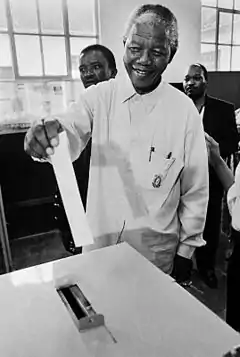
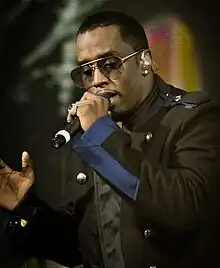





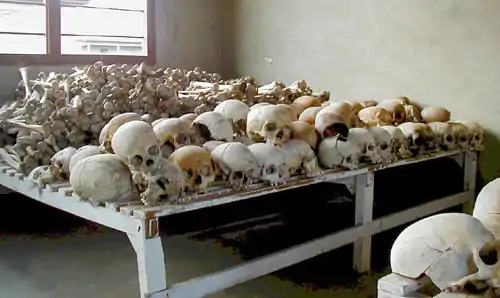


.jpg.webp)
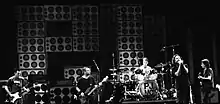









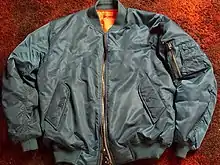


%252C_woman's_costume%252C_1990s_-_Bunka_Gakuen_Costume_Museum_-_DSC05303.JPG.webp)
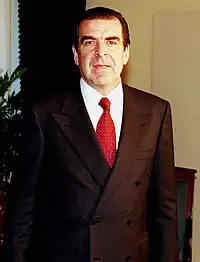

.jpg.webp)

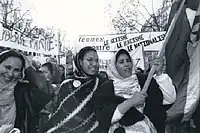

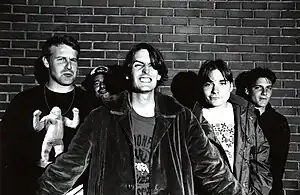



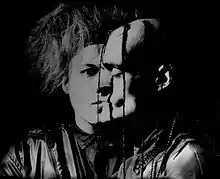

.jpg.webp)



_(cropped).jpg.webp)
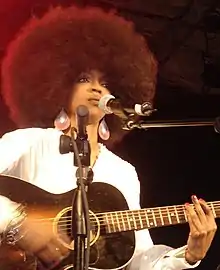

.jpg.webp)

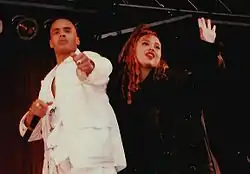
_cropped.jpg.webp)
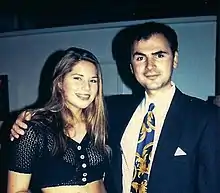






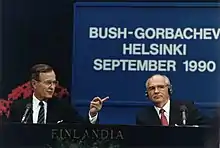
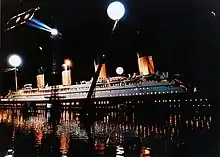


.jpg.webp)

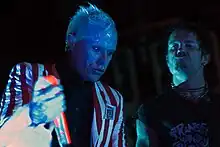

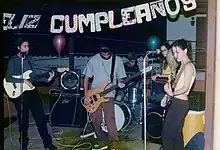
.jpg.webp)


.jpg.webp)





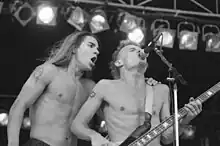







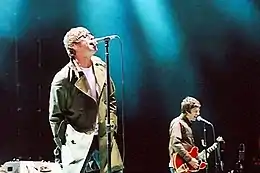
.png.webp)
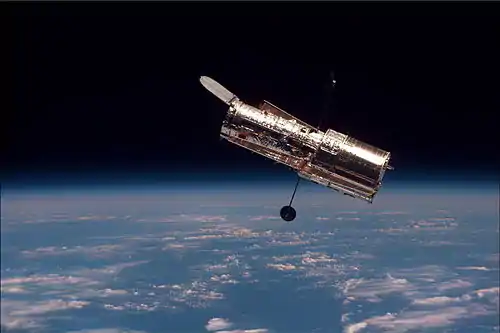


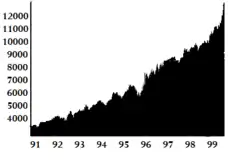




.jpg.webp)



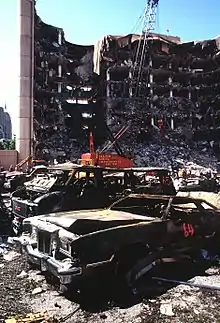
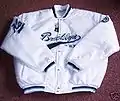



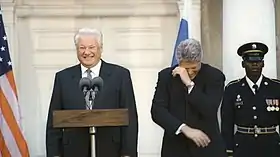



.JPG.webp)






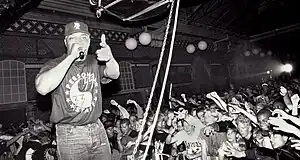








_(5).jpg.webp)

.JPG.webp)
.jpg.webp)






